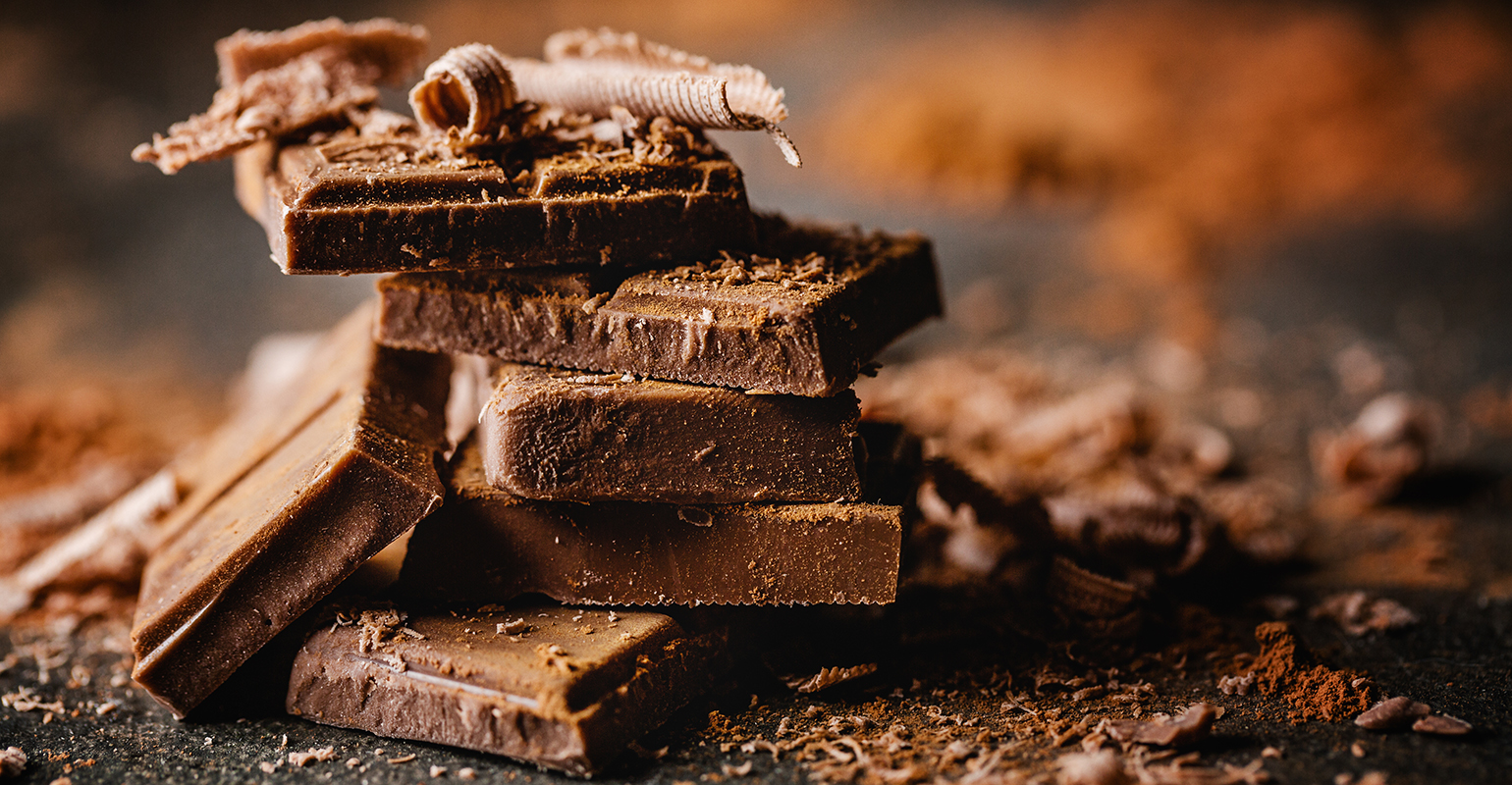News
Global pressures on chocolate industry prompt alternative formulations
23 Feb 2022Even as coca prices have increased, consumer chocolate consumption has increased. Now, one-third of people say they are eating more chocolate as a result of the pandemic, according to Cargill’s 2021 ChocoLogic study. Only 3% said they avoid chocolate.
Chocolate is such a popular treat that according to the Centre for the Promotion of Imports, the average chocolate consumption globally is estimated at 0.9 kilos per capita per year. The widespread popularity of chocolate has led to an increase in consumption globally with the world’s largest chocolate company Barry Callebaut posting an increase of 3.4% in sales volumes for the first nine months of 2021. But not all countries are equally producing and consuming chocolate. Europe is not only the largest production region for industrial chocolate, it is also the world’s largest chocolate exporter, responsible for over 76% of global chocolate sales in 2020.

While Europe is the largest producer of the final product, the majority of cacao is grown in a handful of countries, primarily in West Africa. In these countries, farmers are experiencing the effects of climate change on their cocoa crops. Using current temperature trend forecasting, a report from the Harvard Business School showed that experts expect the areas are currently suitable for cocoa tree cultivation will reduce dramatically.
Some major manufacturers like Mars have pledged to curb their carbon emissions to protect the future climate with its Sustainable in a Generation Plan. However, other companies are looking for opportunities to reduce reliance on naturally-grown cacao trees altogether.
Voyage Foods out of the US is working to reverse engineer chocolate through chemistry. Its substitute for the cacao-based sweet is made from grape seeds, sunflower seed meal, sugar, shea butter, salt and natural flavors
Not only is climate change bringing into question the sustainability of chocolate consumption, but the sweet treat has long been linked with other issues such as worker exploitation and child labor. As a result, fair trade practices are an increasingly important consideration for consumers that are looking to consume chocolate that is better for the planet. Companies like Barry Callebaut and Divine as well as retailers like Lidl have taken measures to improve the treatment of those involved in the production of the chocolate it sells.
Yet some other chocolatiers like Tcho have pushed the envelope further stating that not only should chocolate production avoid mistreating the humans that are part of its production, but so too should animals be spared any cruelty stemming from making chocolate. The brand recently began transitioning its full chocolate portfolio to be 100% plant-based. By 2023, the company expects both its retail and commercial chocolate to be entirely plant-based.